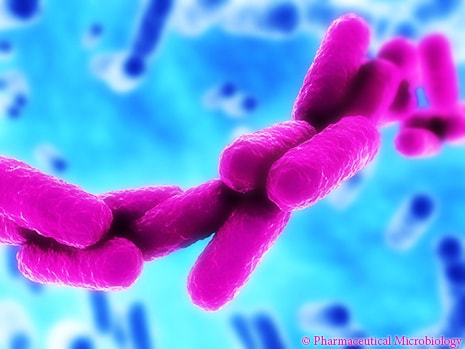Increase in treatment resistant bacteria could lead to a world without antibiotics
Orange County, CA - January 16th 2017 - In September, 2016, a Nevada woman passed away from a severe infection in her right hip. After breaking her leg in India, an infection infiltrated her bone and began to spread to her hip. While her immune system attempted to fight the infection doctors searched for a cure without success. None of the 14 antibiotics available at the hospital had any response, leaving her condition to worsen and eventually take her life due to septic shock.
Samples of the infection were sent to the Centers for Disease Control and Prevention (CDC) for testing and revealed the ailment as Klebsiella pneumoniae, a bacterium that commonly resides in the gut without causing disease. The test also revealed the infection was "resistant to all available antimicrobial drugs"(26 available in the US).
While it is uncommon for bacteria to be resistant to all antimicrobials, its occurrence is alarming on a global scale. These antibiotic resistant genes (ARGs) have the ability to revitalize common infections into rampant international. The World Health Organization calls ARGs, “one of the biggest threats to global health, food security, and development today.”

While resistance occurs naturally, misuse of antibiotics in humans and on farms is accelerating the process of rendering all antibiotics useless. Not completing rounds of antibiotics, or mass ingestion allows bacteria to improve resilience, and continually spread. This issue extends to the food industry, for the mass feeding of antibiotics to food animals in hopes of disease prevention and promotion of growth helps bacteria multiply. If not handled and cooked properly drug resistant bacteria can remain on meat and be ingested. Further complications include bacteria being passed through animal stool, fertilizer, unwashed produce, or recycled water from infected farms dispersing into main water supplies.
While promising new drugs are in development, none have the capacity to treat the most powerful ARGs. A new class of antibiotics hasn’t been discovered since 1987, and cases from 2003 to 2010 of resilient bacteria to the most effective have increased from a select few to over 300.
"Every time we can't treat an infection, a patient spends longer in hospital and there is the economic impact of not being in education or work,” said Laura Piddock, professor from Birmingham University and the group Antibiotic Action. "The consequences are absolutely massive, that's actually something people have not quite grasped."
Contact Ampronix:

Email: info@ampronix.com
International Sales: +1 949-273-8000
Domestic Sales: 1800-400-7972 for US and Canada
Follow Us:
Share This Article:
View our Product Catalog Online Here
About Ampronix
Ampronix is a renowned authorized master distributor of the medical industry's top brands as well as a world-class manufacturer of innovative technology. Since 1982, Ampronix has been dedicated to meeting the growing needs of the medical community with its extensive product knowledge, outstanding service, and state-of-the-art repair facility. Ampronix prides itself on its ability to offer tailored, one-stop solutions at a faster and more cost-effective rate than other manufacturers. Ampronix is an ISO & ANSI/ESD certified facility. To learn more go here.
Increase in treatment resistant bacteria could lead to a world without antibiotics Orange County, CA – January 16th 2017 – In September, 2016, a Nevada woman passed away from a severe infection in her right hip. After breaking her leg in India, an infection infiltrated her bone and began to spread to her hip. While her […]



